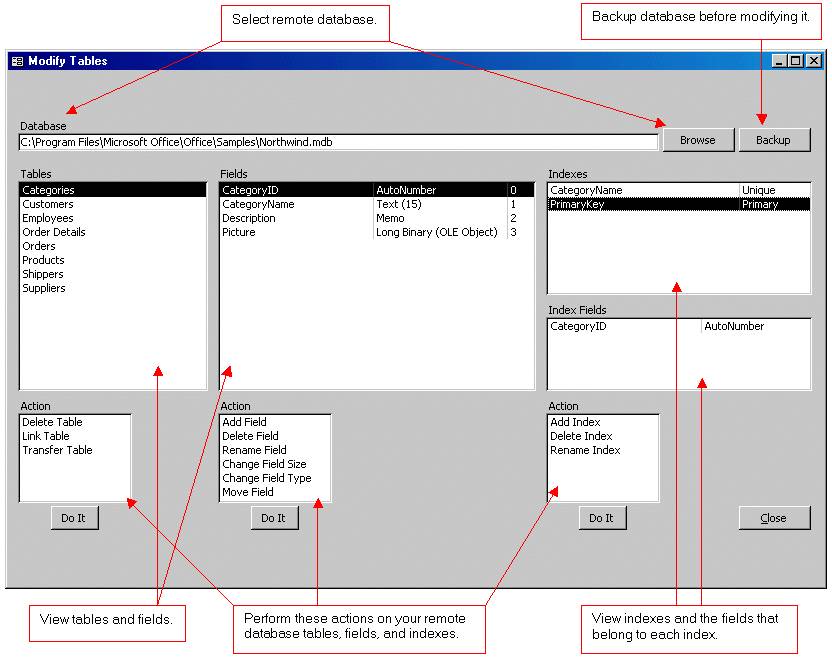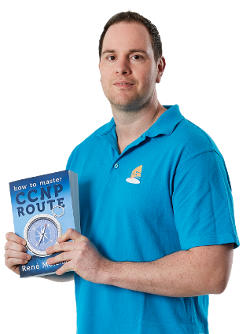Happiness is something we think about a lot at Buffer.
It's been a cornerstone of our culture from the beginning (just take a look at this slide deck about it from way back in 2013). Though our values have evolved since then, you'll still see echoes of how important it is for us to cultivate in our most up-to-date version.
No surprises then that I thought it would be interesting to dig into the research on how to become a happier person. Spoiler: there's a lot of it! After combing through as much as I could, here are 11 of the simplest ways I uncovered to be happy today, according to science.
1. Exercise — even 10 minutes is enough
You've likely heard of endorphins, the pain and stress-relieving hormones released when you exercise. But the release of these feel-good chemicals is not the only dramatic effect that exercise can have on your body.
Getting moving also triggers the release of more happiness hormones, serotonin and dopamine. On top of that, exercise increases your heart rate, which in turn pumps more oxygen to your brain. A well-oxygenated brain is as great as it sounds — many studies have found that this can help manage anxiety and depression, too.
In Shawn Achor’s book, The Happiness Advantage, he cites a fascinating study on this. (The book is a great read by the way — I'll be referring back to it a lot in this article!).
In the study, three groups of patients treated their depression with either medication, exercise, or a combination of the two. The results of this study surprised me. Although all three groups experienced similar improvements in their happiness levels to begin with, the follow-up assessments proved to be radically different:
"The groups were then tested six months later to assess their relapse rate," Achor writes. "Of those who had taken the medication alone, 38 percent had slipped back into depression. Those in the combination group were doing only slightly better, with a 31 percent relapse rate. The biggest shock, though, came from the exercise group: Their relapse rate was only 9 percent."
Exercise can help you to relax, increase your brain power, and improve your body image. A study in the Journal of Health Psychology found that people who exercised felt better about their bodies, even when they saw no physical changes.
The best part? This doesn’t mean you need to commit to a miles-long run or strenuous HIIT class every day to have a happy life — just 10 minutes of movement a day has been proven to
Recommended Story For You :

Organize Keywords and Import CSV Files from the Google Keyword Planner

The Most Affordable And Easiest User Friendly Page Builder You Will Ever Use!

Instant WordPress Theme That Matches Your Website

Wizard to Manage Remote Backend MS Access Database Tables Fields and Indexes

If you had an aisle-by-aisle grocery list wouldn't you spend less money on impulse items?

everything you need to create a professional corporate look mini-site is there.

Unlock Your Networking Potential with GNS3Vault

Viper Cache Was 77% Faster Than The Competetion

Understanding Stock Market Shorting eBook

